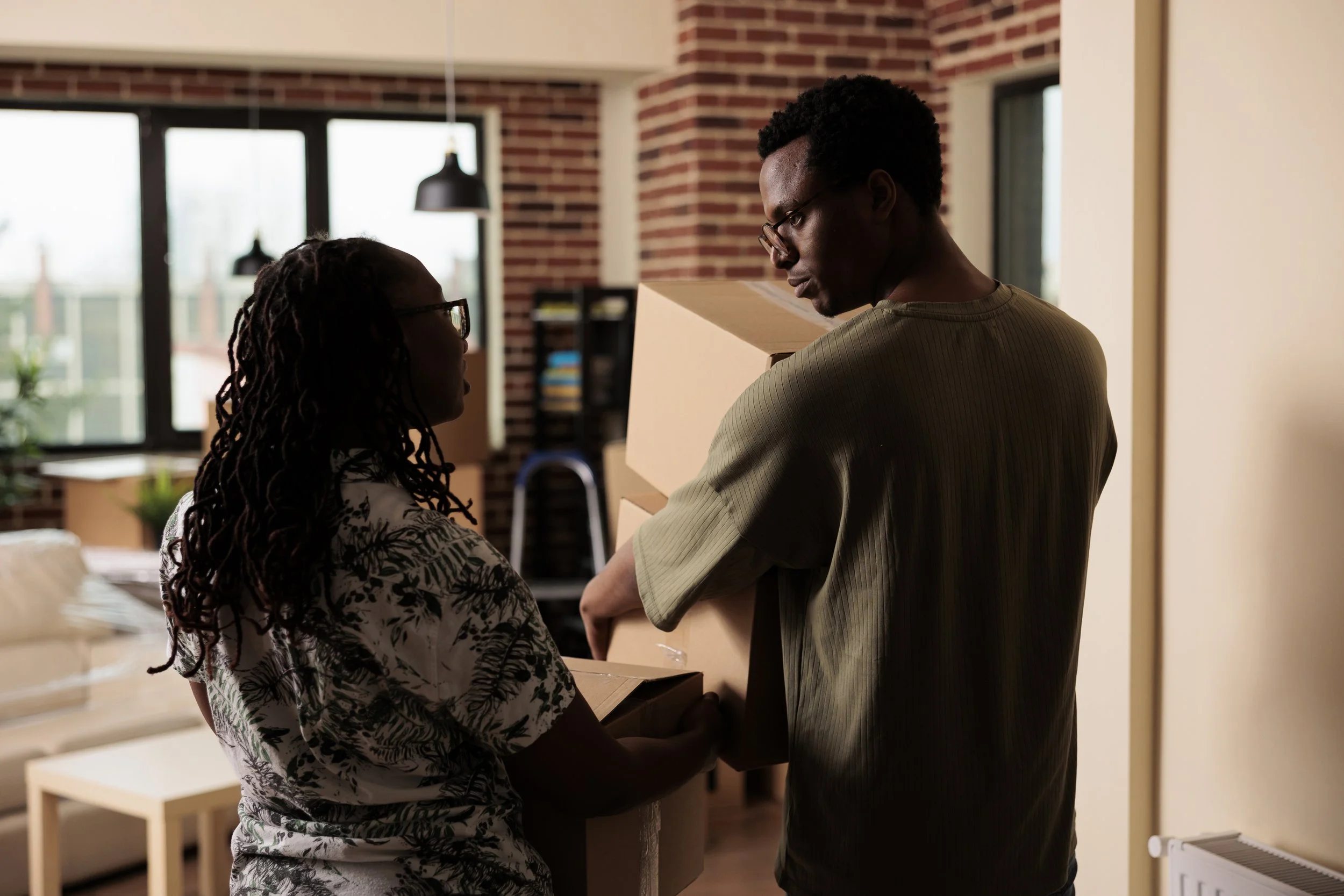The Dos and Don'ts of Moving
Moving to a new home can be both exciting and overwhelming, especially if you've never done it before. The thought of packing up all of your belongings, transporting them to a new location, and unpacking can be daunting, to say the least. But with the right preparation and knowledge of the dos and don'ts of moving, you can make the transition as seamless and stress-free as possible.
In this blog post, we'll provide a comprehensive guide to the dos and don'ts of moving, from preparing for the move to unpacking in your new home. Whether you're embarking on a local or long-distance move, we'll cover everything you need to know to ensure a smooth transition. By following these tips, you'll be able to avoid common pitfalls and make your move a success. So, let's dive in and learn how to prepare for a seamless transition to your new home.
Do’s of Moving: Best Practices for Preparing for a Move
Plan and prepare early: One of the most important things to remember while moving is to begin planning and preparing as soon as possible. This will save you time and guarantee that everything is organized and ready for the big day.
Make a Moving Checklist: Making a moving checklist is one of the greatest methods to keep organized and on top of your relocation. This keeps you organized, from contacting utility companies to packing your possessions. A thorough moving checklist can also assist you in not forgetting crucial activities or things.
Declutter before packing: Take some time before you start packing to declutter and get rid of anything you don't need. Decluttering your home before relocating will save you time, space, and money. Take an inventory of your belongings and decide what to keep, donate, sell, or throw away. This will also reduce the number of packing materials needed, making your move more eco-friendly.
Hire professional movers: To make your relocation as stress-free as possible, it's crucial to pick a trusted moving company. Search for expert movers who provide packing and unpacking services, skilled moving teams, and safe transportation of your belongings. To safeguard the safety of your belongings, be sure they are fully licensed and insured.
Label and organize boxes: When packing, label each box with its contents and the room to which it belongs. Unpacking will be a lot easier and less stressful as a result of this.
Use sustainable moving practices: If you care about the environment, seek a moving company that uses sustainable moving procedures, such as recyclable boxes or biodiesel fuel in their trucks.
Don't Procrastinate: Waiting till the last minute is one of the most common blunders people make when preparing for a move. Procrastination might make moving even more difficult. Delaying preparations might result in more stress and costs, as well as the possibility of forgetting crucial responsibilities. To ensure a quick and seamless transfer, begin preparing for the move as soon as feasible.
To avoid procrastination, make a timetable or checklist outlining all of the chores that must be performed before the move. Establishing deadlines for each work can also assist in keeping the process on track and lowering the chance of falling behind.
Don't Assume You Can Do It All Yourself: While it may be tempting to handle the entire moving process on your own, it is important to know when you may require assistance. Moving can be physically demanding, and poor item handling can cause damage or injury. Hiring professional movers or friends and family for assistance can make the process more efficient, effective, and safe.
To evaluate whether professional movers are required, assess the size and complexity of the move. The decision is influenced by factors such as the distance of the move, the number and size of things to be moved, and the schedule of the move. If professional movers are not required, enlisting the assistance of friends and family can still be advantageous; however, it is critical to express expectations and provide adequate assistance.
Don't Forget to Update Your Address and Utilities: Failing to update your address and utilities might result in additional stress and costs, such as missing critical mail or payments. To guarantee a smooth transfer to your new home, change your address and utilities as soon as feasible.
Notify the post office, banks, credit card companies, and any other relevant agencies of your address change. It's also essential to update your utilities, which include power, gas, water, internet, and cable. This is usually done online or over the phone, and it's best to plan ahead of time to avoid service interruptions.
Don't Hire Unlicensed or Uninsured Movers: It is crucial to pick a moving company that is properly licensed and insured. This will assist in protecting your things and give you peace of mind during the relocation.
Investigate moving firms extensively, read reviews, and seek referrals from friends and family. Select a fully licensed and insured moving company with skilled moving teams and a track record of dependable service.
Don't Overpack Boxes: Overpacking is a common mistake that can lead to damaged items during transportation. When boxes are overstuffed, they are more likely to break or tear, causing damage to the items inside. Overpacking can also make boxes heavier and more difficult to move, increasing the risk of injury.
Use boxes that are appropriate for the items you are packing. Heavy items should be packed in small boxes, while lighter items can be packed in larger boxes. Make sure to properly secure boxes with tape and label them with the contents inside. Don't pack boxes too tightly, leave some space to avoid overstuffing. Pack fragile items with extra care and wrap them with protective material to prevent damage during transportation.
Additional Tips and Resources for a Seamless Transition
Research and Choose Professional Movers: Finding a reliable and experienced moving company is critical to a successful move. Research and compare different moving companies, check their online reviews, and verify their license and insurance. Yugo Moving offers professional and reliable moving services for local and long-distance moves, as well as packing and unpacking services and sustainable moving practices.
Create a Floor Plan for Your New Home: Measure the rooms in your new home and create a floor plan before you move. This will help you plan the placement of your furniture and belongings in your new space and make the unpacking process more efficient.
Get Involved in Your New Community: Acclimating to a new home and neighbourhood can be challenging. To help ease the transition, consider joining local groups or organizations, attending community events, or volunteering. This is a great way to meet new people and become a part of your new community.
Take Care of Yourself: Moving can be physically and emotionally draining, so it's important to take care of yourself throughout the process. Be sure to get plenty of rest, eat well, and take breaks when needed. Remember to also take time to enjoy the excitement of your new adventure!
Ready to make a move? Get in touch today for an obligation-free guaranteed flat price moving quote. www.helloyugo.com


